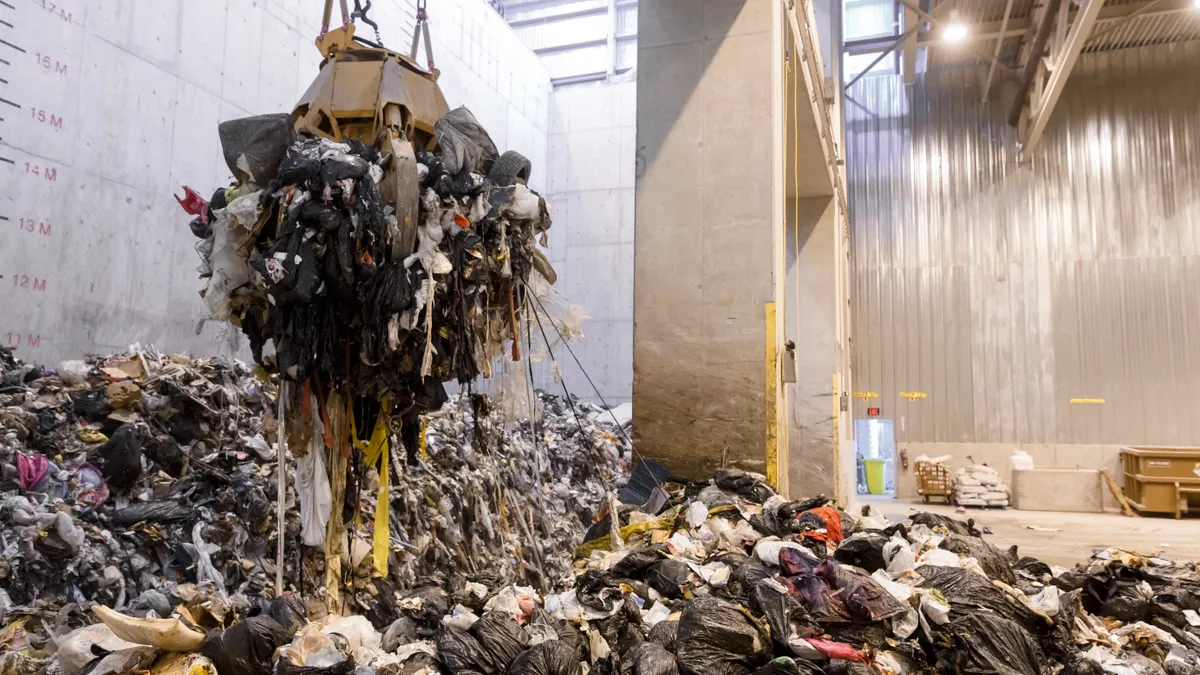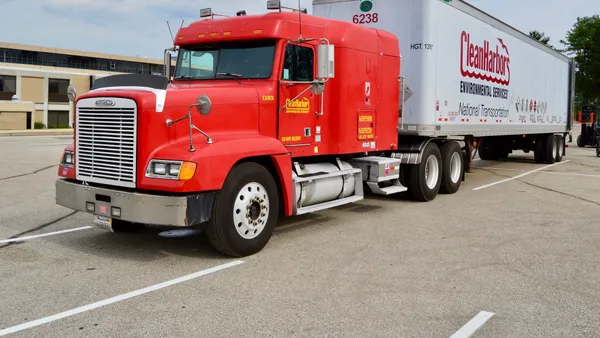Dive Brief:
- Connecticut Governor Dannel Malloy recently signed a new law, Public Act 17-144, that is intended to boost the state's energy industry on multiple fronts. This includes a particular focus on the waste industry, as reported by the Hartford Business Journal.
- The law will increase the number of renewable energy credits that utilities and electricity retailers have to purchase, which is expected to improve prices for credits from waste-to-energy (WTE) facilities. Penalties have also been changed for utilities that fail to purchase enough credits.
- Another portion of the law is intended to improve opportunities for fuel cell projects that are often underbid by solar projects during the utility contract procurement process. The new law now adds fuel cells and anaerobic digestion to list of potential sources that were eligible for procurement, including landfill gas.
Dive Insight:
Connecticut is one of the top users of WTE facilities in the country, processing more than two-thirds of its waste via combustion. Yet low natural gas prices have made it hard to compete for renewable energy credits at the same time as solar, wind and fuel cell credits have become more valuable. This new law has been applauded by the Energy Recovery Council, the main WTE trade group, and is seen as a way to help reinforce a somewhat stagnant industry in the state.
Another factor at play is the state's ongoing push toward a goal of 60% diversion by 2024. Decreased tonnage, due to increased recycling, led Covanta to convert their Wallingford facility into a transfer station in 2014. Last year, there was temporarily talk of closing the facility entirely. However, the municipalities involved have since decided to keep it open and the company also signed a new deal in February to continue running the Southeastern Connecticut Resource Recovery Facility until 2020. That facility is one of five currently operational in the state.
While Connecticut is one of multiple states that classifies WTE as a renewable source, that concept faced some new pushback on the local level recently. The The U.S. Conference of Mayors energy committee adopted a resolution last month explicitly excluding the "incineration of municipal and medical waste" from its definition of qualifying technologies that would count toward a goal of 100% renewable energy by 2035. The resolution is non-binding and isn't expected to have any immediate effects on policies in supportive states such as Connecticut.











